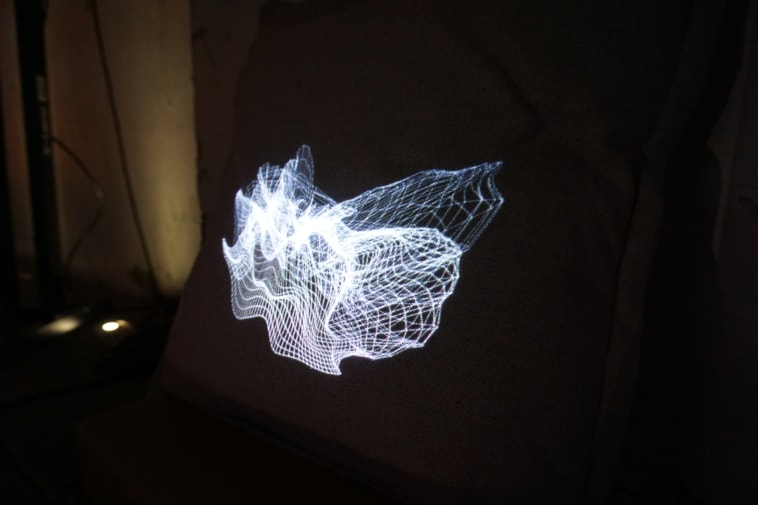Open Call: Practice Research Residencies
Transforming Collections is a major 3-year project led by UAL Decolonising Arts Institute in collaboration with UAL Creative Computing Institute, working closely in partnership with Tate.
We’re looking for up to 8 artist researchers to undertake a virtual practice-based research residency. Selected artists will be encouraged to engage with the project’s emerging findings, explore connections across our museum partners collections, and use the machine learning software developed by our project team both as investigative tool, and as subject and medium of research and creation.
We anticipate the resulting digital and/or physical works will critically and playfully intervene in or disrupt partner collections and displays. Works created will be exhibited online and/or physically as part of a major public programme curated with Tate Learning. The artists commissions will also be showcased on Art UK.
Our aim with these residencies is to embed critical creative activations of machine learning within the Transforming Collections project, and to catalyse the emerging research and learning through experimental, immersive and discursive encounters with art. We want to foreground the radical potential of artistic practice in envisaging what an emerging, distributed yet connected and evolving digital national collection might look like. In so doing, we hope to inspire and empower many others in the collective reimagining of art, heritage and nation.
Who can apply
The call is open to mid-career or established yet institutionally under-represented artists, such as artists who identify as black, brown or people of colour. We acknowledge that artists may self-identify by multiple terms as suggested by the #BAMEover statement for the UK, which rejects acronyms and calls for the specific recognition of people from different diasporas and diverse cultures and heritages. We further recognise that people may self-identify fluidly in different ways and contexts to foreground intersectional experiences of racist, misogynist, heteronormative, ableist, religious and/or socioeconomic discrimination.
Artist researchers working in any media can apply, including digital, audiovisual, live art, performance and installation art.
Applicants should demonstrate a track record of relevant professional practice, an understanding of practice-based research, and the right to work in the UK.
Experience of working digitally or with machine learning and AI tools is desirable but not essential. Experience of working collaboratively and/or with collections and archives may also be beneficial.
How to apply
Applications are now closed.
You will need to provide:
- a summary of your practice (250 words maximum / 2-3 minutes video)
- a statement of your interest in the Transforming Collections project and how you expect the residency to impact on your practice (250 words maximum / 2-3 minutes video)
- an outline proposal for the practice research and work you aim to create during this residency (500 words maximum / 5 minutes video)
- an outline research, development and production budget, including travel or material costs (1 page maximum, in PDF or Word format)
- your CV (2 pages maximum, in PDF or Word format)
- a portfolio of relevant previous work, such as visual, audio or video material (up to 10 images in PNG or JPEG format or a single PDF document up to 5 pages with titles, dimensions, year of making and materials. For audio or video: links to your own website or platform, e.g. Soundcloud, Vimeo, YouTube).
Please make sure you read the full Open Call for Practice Researchers document before you apply, for more details including timelines, budget and frequently asked questions.
Help and support
If you have questions related to the project, call, or application process then you can get in touch with us at ContactTransformingCollections@arts.ac.uk.

